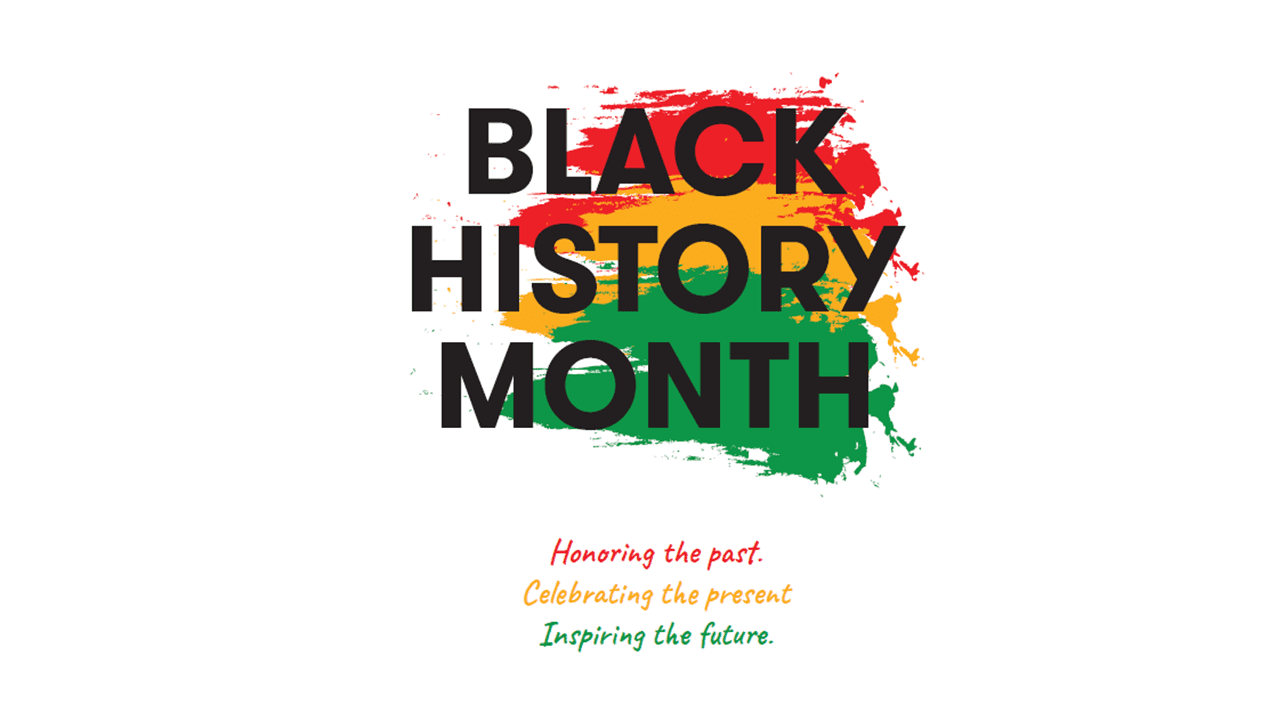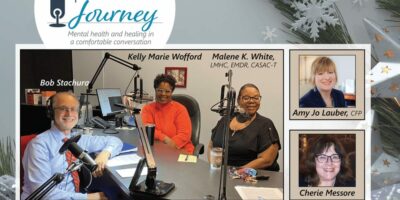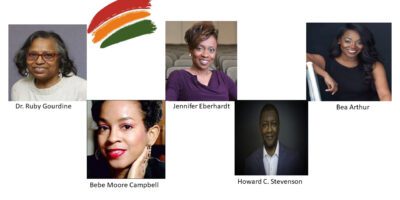I recently heard a great quote: “Everyone wants to be the Savior, but no one wants to get their hands dirty doing the actual saving.”
Clinicians have to be mindful that we are not just saying that we serve all communities: we need to understand them when they look, sound, and dress differently than we do.
This had me thinking: what are we creating during this time that we set aside to acknowledge the many accomplishments of Americans in the African American culture. #Black History Month. I am often reminded by my daughter Kaelynn that it is a time of reflection and for America to think about what we in the African American communities have created and contributed, both tangible and intangible. It is time that we are very purposeful and deliberate in what we do to honor the history and culture of African Americans.
My wife Linda, who is a 4th grade teacher in the City of Buffalo at Harriet Ross Tubman School #31, said that when she was developing their black history program, she wanted to look past some of the more obvious icons of the community that everyone knows such as Dr. Martin Luther King Jr., Barack Obama, and light-heartedly Kevin Beckman (LOL). She wanted to look deeper at individuals such as Eugene Jacques Bullard, born Eugene James Bullard. He was born on October 9, 1895, in Columbus, GA, and died on October 12, 1961, living in NYC with his family. Bullard was the first black American military pilot, although he flew for France and not the United States. During World War I, Bullard saw action and flew combat missions with France against the Germans. And it had me thinking, what are we, the members of the helping community, doing to create and foster a culturally responsive treatment approach?
Just like Linda’s intention was to take a richer look, clinicians must be willing to look beyond the surface – and at times get our hands dirty – to foster an understanding of every member of our community who may seek treatment. Suppose there are any positive takeaways from the past few years’ events regarding the pandemic. If you do, in that case, there has been an increasing acceptance and awareness of the need for individuals in the African American community to seek treatment. It calls for all clinicians to deepen their cultural competence. Spectrum Health Education and Training Institute (SETI) developed a two-day training on Cultural Competency that will be offered again in May. (Register here).
As clients seek those needed services, we must also look past what we see to develop an environment that is warm and supportive.
Kevin Beckman
Managing Director of Clinic Operations


